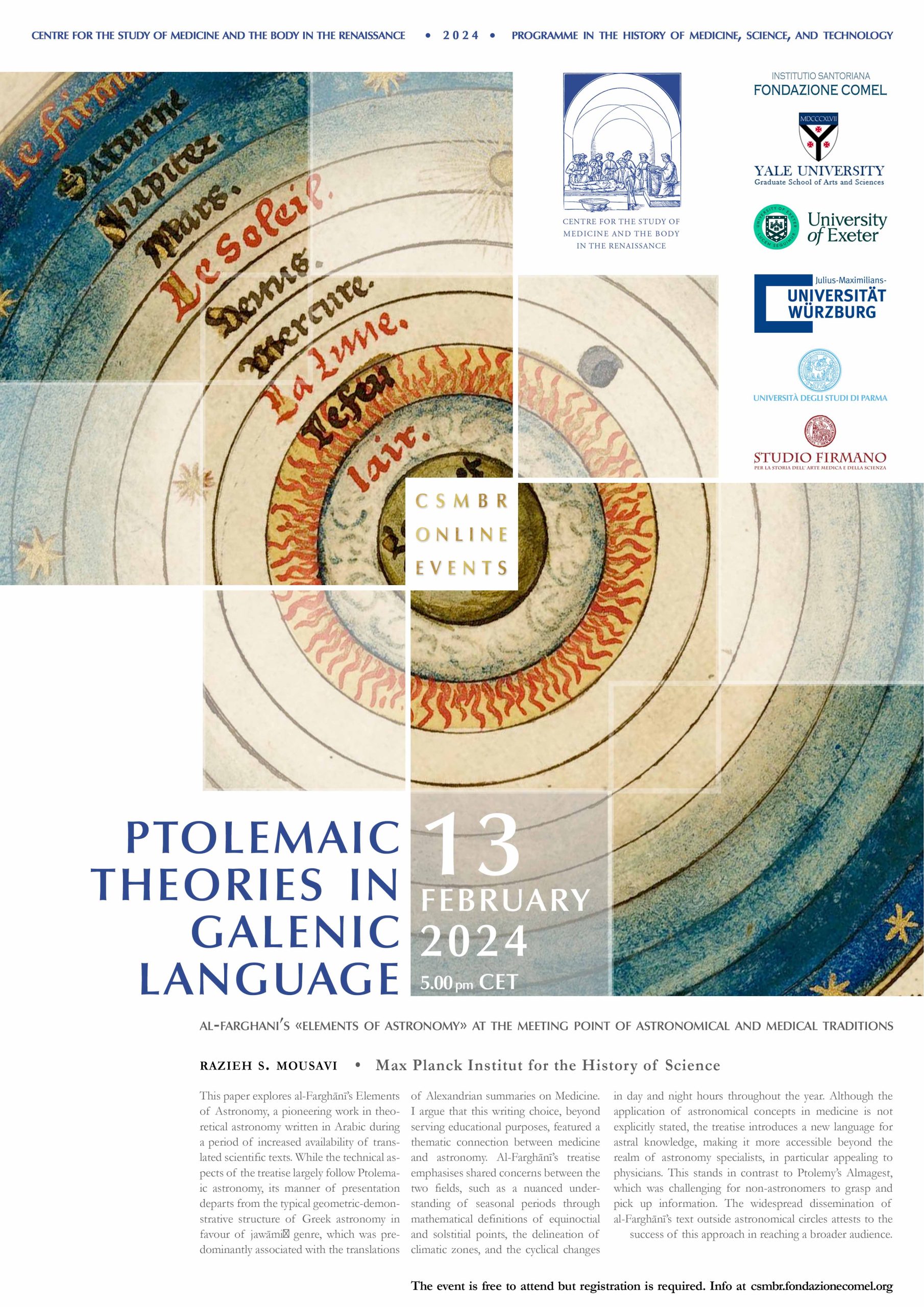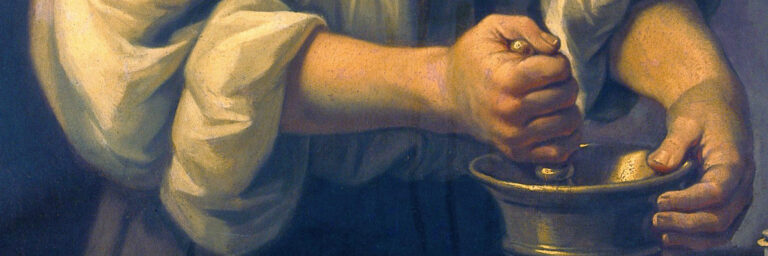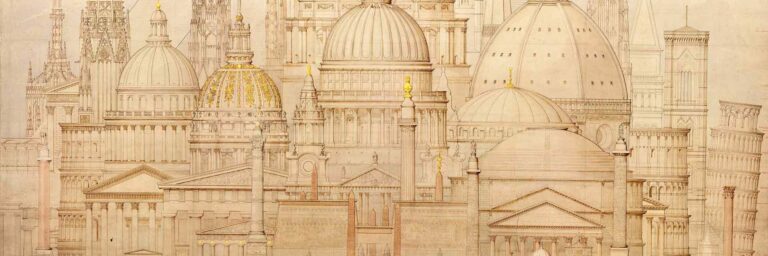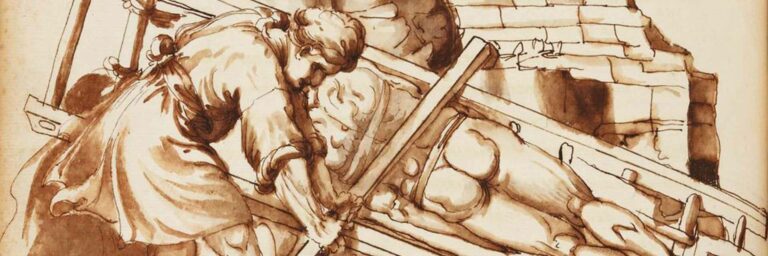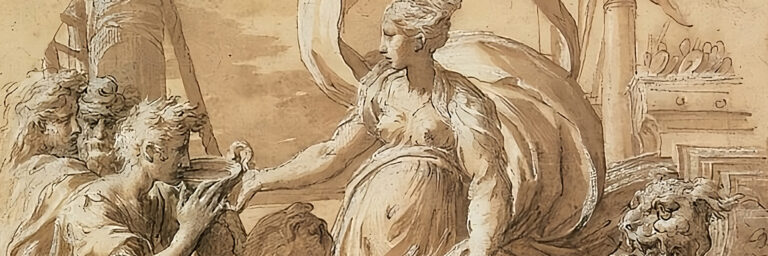Ptolemaic Theories in Galenic Language
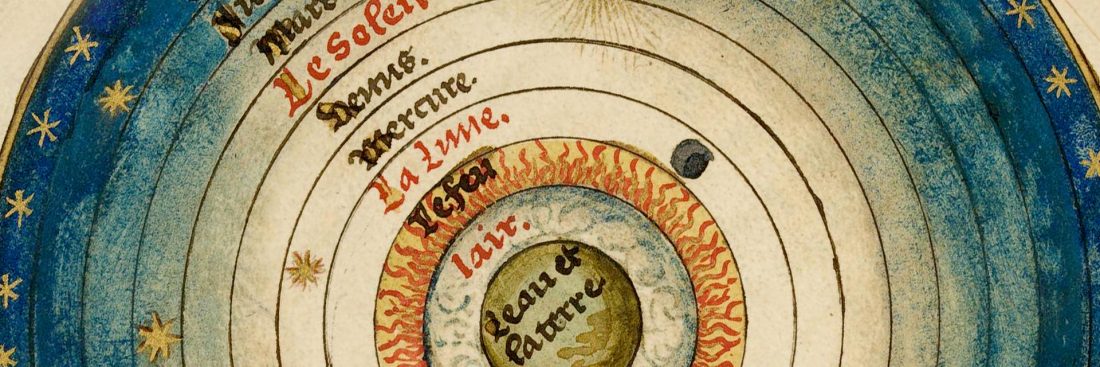
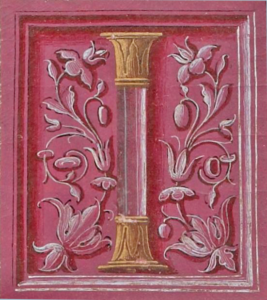
Ptolemaic Theories
in Galenic Language
Al-Farghani's
"Elements of Astronomy" at the Meeting Point of Astronomical
and Medical Traditions
Razieh S. Mousavi
13 February 2024 – 5 PM (CET)
This paper explores al-Farghānī’s Elements of Astronomy, a pioneering work in theoretical astronomy written in Arabic during a period of increased availability of translated scientific texts.
While the technical aspects of the treatise largely follow Ptolemaic astronomy, its manner of presentation departs from the typical geometric-demonstrative structure of Greek astronomy in favour of jawāmiʿ genre, which was predominantly associated with the translations of Alexandrian summaries on Medicine.
I argue that this writing choice, beyond serving educational purposes, featured a thematic connection between medicine and astronomy.
Al-Farghānī’s treatise emphasises shared concerns between the two fields, such as a nuanced understanding of seasonal periods through mathematical definitions of equinoctial and solstitial points, the delineation of climatic zones, and the cyclical changes in day and night hours throughout the year.
Although the application of astronomical concepts in medicine is not explicitly stated, the treatise introduces a new language for astral knowledge, making it more accessible beyond the realm of astronomy specialists, in particular appealing to physicians.
This stands in contrast to Ptolemy’s Almagest, which was challenging for non-astronomers to grasp and pick up information. The widespread dissemination of al-Farghānī’s text outside astronomical circles attests to the success of this approach in reaching a broader audience.
In addition to textual evidence, the present paper underscores the author’s network and his association with a prominent school supporting medical translations. This emphasises the need to closely examine the social, intellectual, and literary context of interdisciplinary fusions, highlighting the significance of understanding the language of both astronomy and medicine within their cultural context.
About the Speaker ...
Razieh S. Mousavi completed her PhD at Humboldt-Universität zu Berlin, with funding from both the Max Planck Institute for the History of Science and the SFB 980 project Episteme in Bewegung: Wissenstransfer von der Alten Welt bis in die Frühe Neuzeit.
In January 2024, she joins the ERC project “Science, Society and Environmental Change in the First Millennium CE,” where she will research astro-meteorological and water-management history in the Islamic Mediterranean. She is also a visiting fellow of the Max Planck Research Group “Experience in the Premodern Sciences of Soul and Body ca. 800–1650.” In addition to highlighting the shared intersections of astronomy and mathematical sciences in the Middle Ages, Razieh is particularly interested in how meteorological concerns and the comprehension of weather phenomena contributed additional context to the interconnectedness of the two disciplines.



